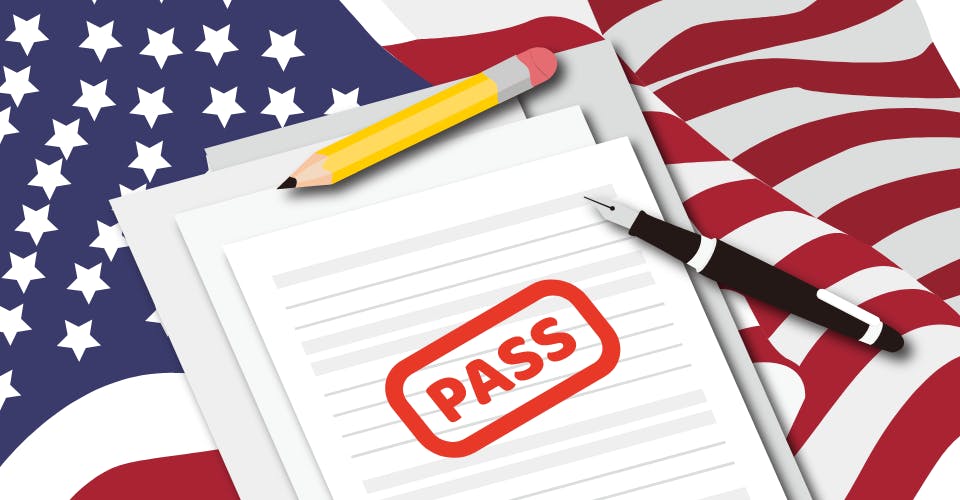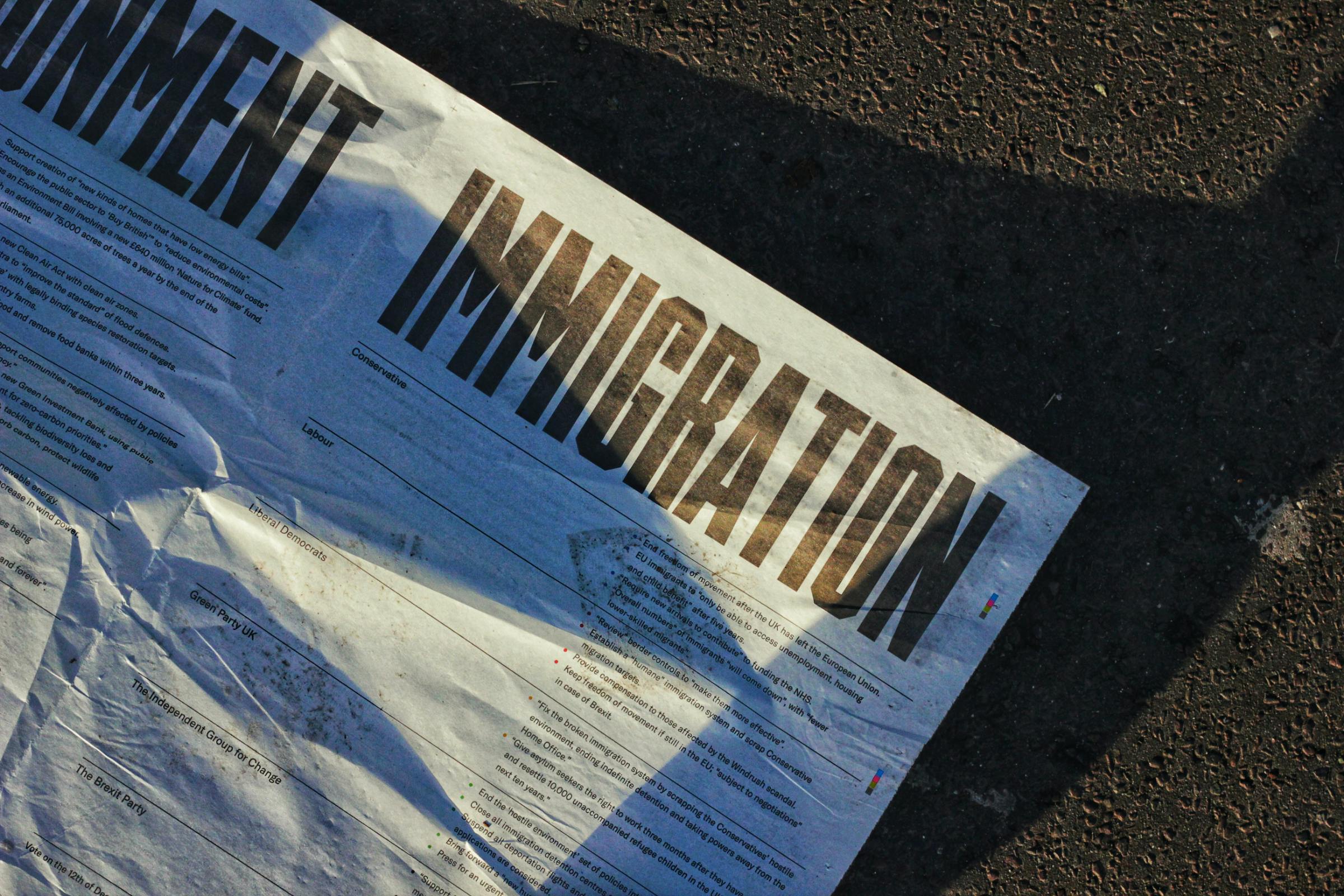The U.S. Citizenship has a long history. What we see today is an oral exam where N-400 applicants need to answer 6 out of 10 questions correctly that pertain to the basic functions and powers of the U.S. government, elements of the Constitution, the Bill of Rights, and some geography and historical questions as well.
For applicants that have naturalization interviews today, they are still taking the 2008 version of the civics test. The USCIS officer will ask applicants up to 10 questions from the list of 100 civics test questions (applicants can go to the USCIS website currently and take a practice multiple choice test to see how they fare with the questions being asked). Applicants on the real test must answer 6 correctly to pass the 2008 version of the civics test.
Applicants for naturalization with a filing date (also known as a receipt date) before Dec. 1, 2020, will take the 2008 version of the civics test.
However the Civics test is about to be changed due to wishes by the current Administration. The 2020 version of the civics test is still an oral test, and the USCIS officer will ask applicants 20 questions from the list of 128 civics test questions. You must answer at least 12 of the 20 questions correctly now instead of 6 out of 10.
The USCIS released a statement on November 13th about the new updates to the Civics portion of the test. It reads:
“USCIS has diligently worked on revising the naturalization test since 2018, relying on input from experts in the field of adult education to ensure that this process is fair and transparent,” said USCIS Deputy Director for Policy Joseph Edlow. “Naturalization allows immigrants to become fully vested members of American society, with the same rights and responsibilities as citizens by birth, and offering a fair test, which prepares naturalization applicants for these responsibilities, is of upmost importance to our agency.”
The revised test includes more questions that test the applicant’s understanding of U.S. history and civics, in line with the statutory requirements, and covers a variety of topics that provide the applicant with more opportunities to learn about the United States as part of the test preparation process. The revised test will not change the passing score, which will remain at 60%. Candidates must answer 12 questions correctly, out of 20 in order to pass.”
Discussion
While the Miami Herald has recently criticized the move to change the citizenship test, citing that “it just became harder to become a U.S. citizen”, it remains to be seen if applicants will do better or worse on the test as it has not been released yet.
Among the new questions, which are available now on the USCIS website, are questions pertaining to:
- The U.S. war on terror
- The events that took place on or after September 11th, regarding the Middle East and U.S. foreign policy objectives
- Questions about the flag itself (why it has stars and stripes)
- Questions about U.S. holidays (Memorial Day, Veterans Day, Independence Day)
Overall, it seems as though the new questions could adversely impact an applicant's score because there is now a higher probability one could be asked a new question that hasn’t been studied for. However, the new questions largely follow suit with the rest—which is perhaps the bigger problem. No one question really tests an individual's understanding of what it means to be “American,” but really just asks applicants to memorize another fact. This seems to be the inherent problem with the test, of which, now there are more questions like this to be answered. Longer form questions and answers would give immigrants a better conceptual chance on the test, but the design has largely not changed from the 2008 version.
Interestingly, in the 1930s, the former INS (Immigration and Naturalization Service) moved to eliminate “trick” questions, such as “how high is the Bunker Hill Monument,” from the exam and worked to ensure that questioning would establish the applicant’s attachment to the principles of the Constitution rather than the mere ability to memorize facts.














